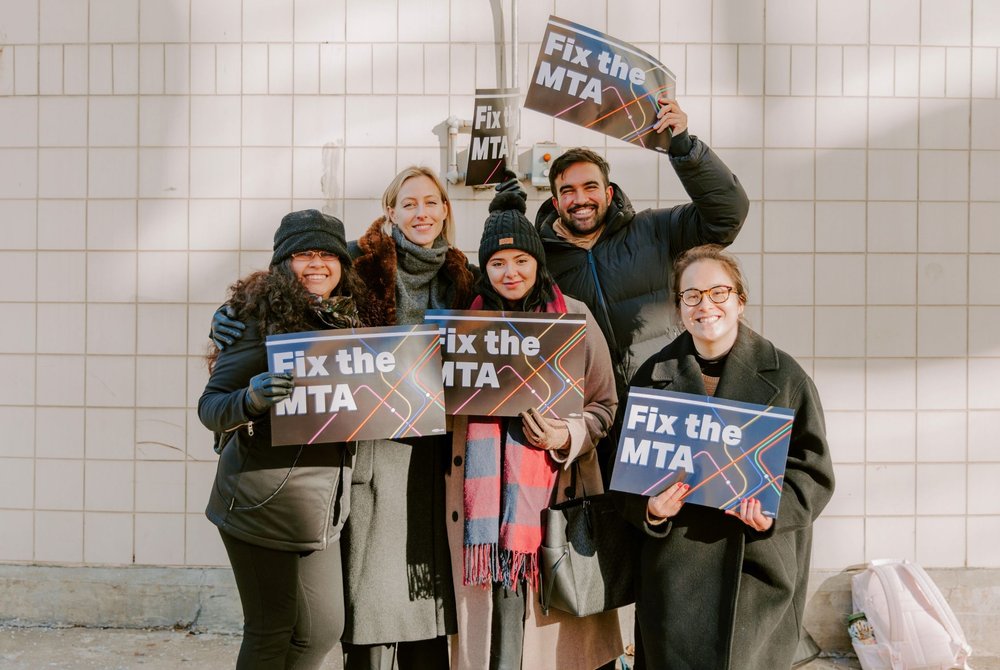
The Second-Gen Indian Americans:
Changing Community, Changing Concerns
By Lavina Melwani
[dropcap] I[/dropcap]ndian immigrants have been in the US since the 1960’s and for that generation of aspiring new Americans, American politics was all about making their invisible community visible in the political landscape and getting their voices heard.
Decades later, their stellar participation in voting and fundraising finally won them a place at the table. The second generation – their children – is now taking it a step further – by actually standing for public office. This is a new possibility for parents who always aspired for their children to be doctors and engineers.
Indeed, many in this generation are physicians, accountants, and corporate people but some are also opting to stand and fight for what they believe in by entering the public arena and having an impact on legislation and democracy. Economic inequity, job creation. women’s rights, and climate change are some of issues which move this generation
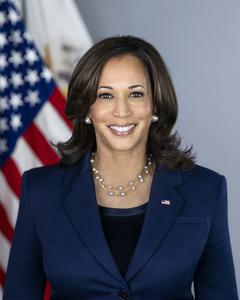
[dropcap] O[/dropcap]ne of the highest offices in the land – vice president – is held by Kamala Harris, whose mother came from India as a student. And of course, everyone knows of the Samosa Caucus – four powerful members of the US Congress, all originally from India. This consists of Ami Bera, Raja Krishnamurthy, Ro Khanna and Pramila Jayapal. In 2023 they were joined in Congress by Representative Shri Thanedar of Michigan.
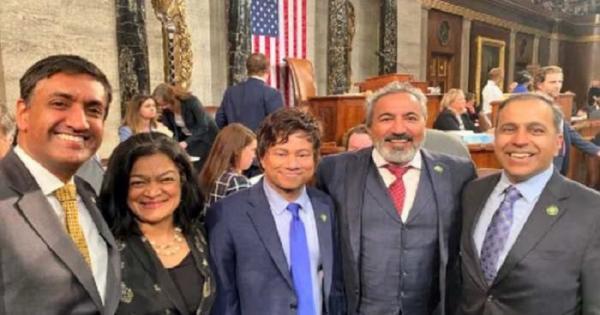
[dropcap]M[/dropcap]any young voters who want to make a difference start out by volunteering and serving as interns in public spaces, be it on city councils, congressional offices or the White House. For example, lawyers Reshma Saujani and Suraj Patel in New York have run for the US Congress. Though unsuccessful, their campaigns itself were part of this second generation of Indian Americans taking unprecedented steps in U.S. politics.
Others have gained traction in the political field by taking the needs of their communities right to the Mayor’s office. Meera Joshi, the deputy mayor for operations, overseeing New York City’s infrastructure, public realm, and climate portfolio, has now been nominated by Mayor Eric Adams to be on the MTA board, which oversees the NY subway system which is the lifeblood of the city.
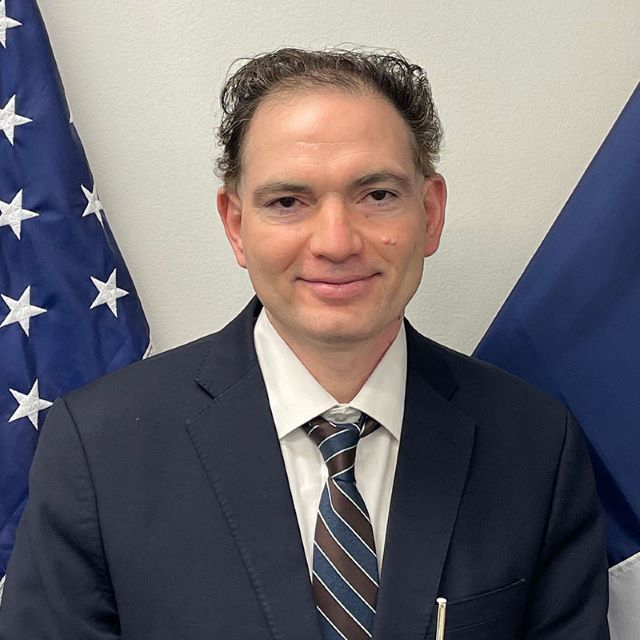
Dilip Chauhan is the Deputy Commissioner in the Mayor’s office for International Affairs and sees to the community’s interests. He was the first South Asian to be appointed as Deputy Controller of the Minority Affairs office in Nassau County, Long Island. While there, he worked on setting guidelines, and he was able to empower the community for proper participation of MWBE businesses.
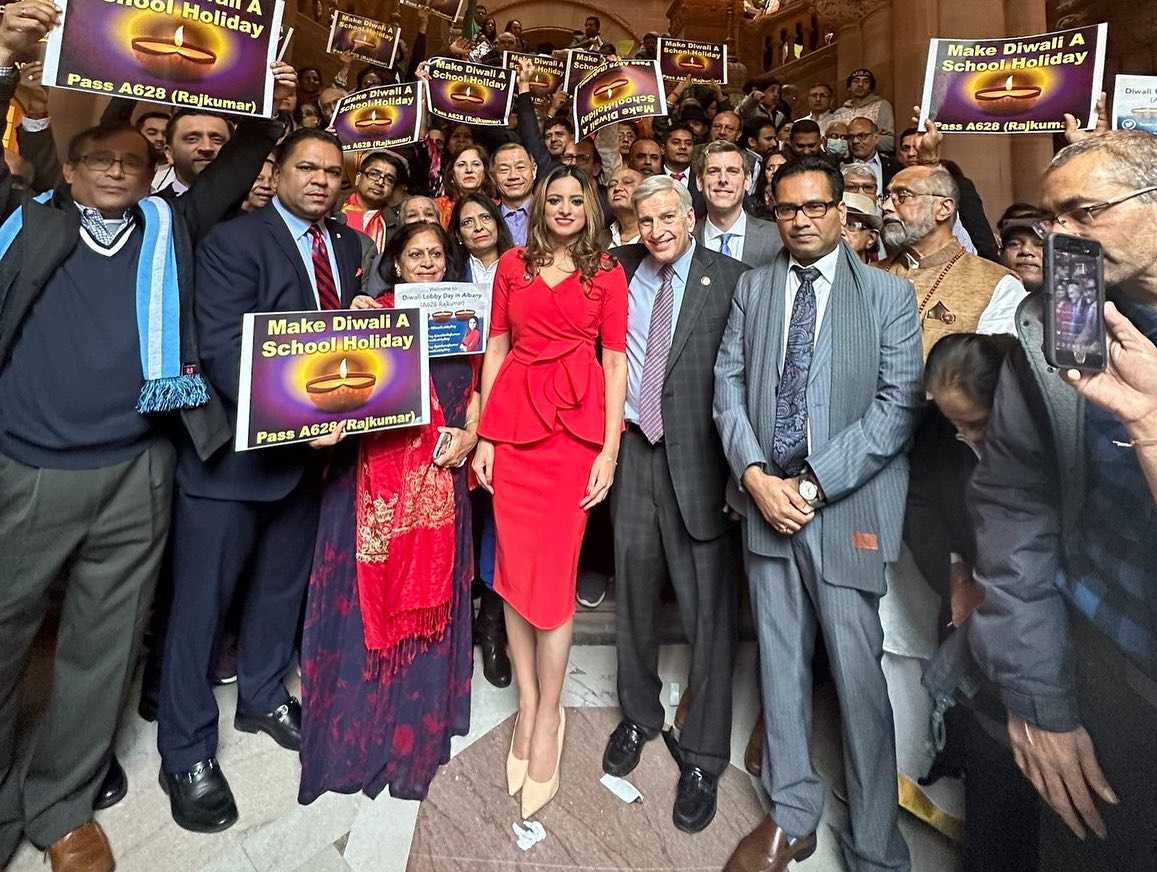
[dropcap]S[/dropcap]o young South Asians of this generation are looking to make a mark in the public arena, leveling the playing field for their communities and making New York a viable place to live for all New Yorkers. There are now several organizations to help these young activists, college graduates and entrepreneurs in the community understand the public space and to succeed in it.
Kevin Thomas became the first South Asian elected to the New York legislature when he won his race for State Senate in 2018, from Nassau County. Jennifer Rajkumar became the first South Asian woman elected to the Legislature when she won her Assembly seat, representing parts of Queens. And despite the prevalence of South Asians in New York City, New York City never had a South Asian on its Council before 2021. But, in 2021, two were elected – Shahana Hanif from Brooklyn and Shekar Krishnan from Jackson Heights in Queens.
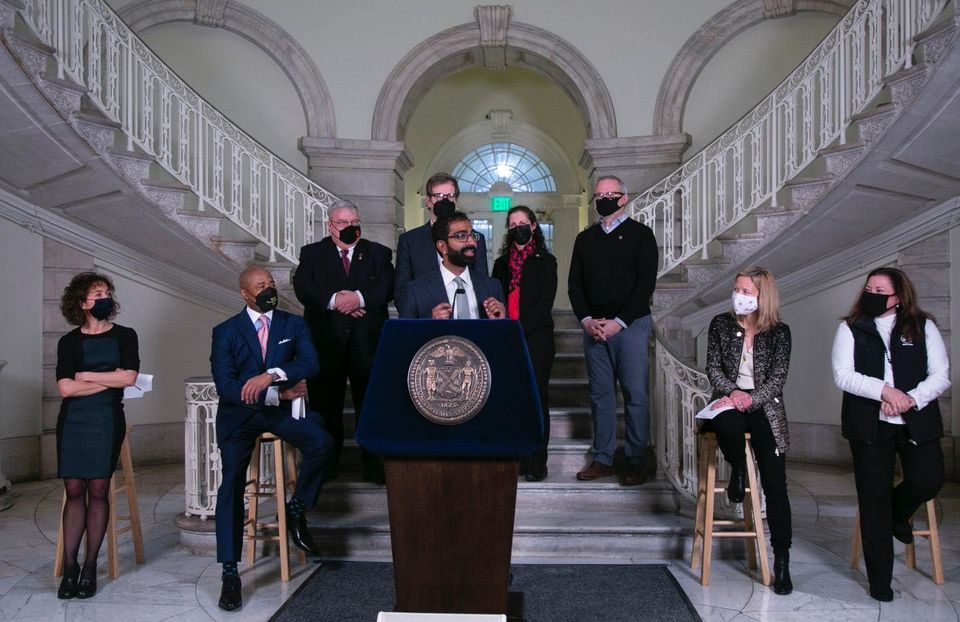
[dropcap]I[/dropcap]t is passion which brings many to the political space: Prior to representing the 36th Assembly District, Zohran Mamdani worked as a foreclosure prevention housing counselor, helping low-income homeowners of color fight off eviction and stay in their homes. It was this job that led him to run for office. Zohran is the first South Asian man to serve in the NYS Assembly as well as the first of Ugandan origin and only the third Muslim to ever be a member of the body.
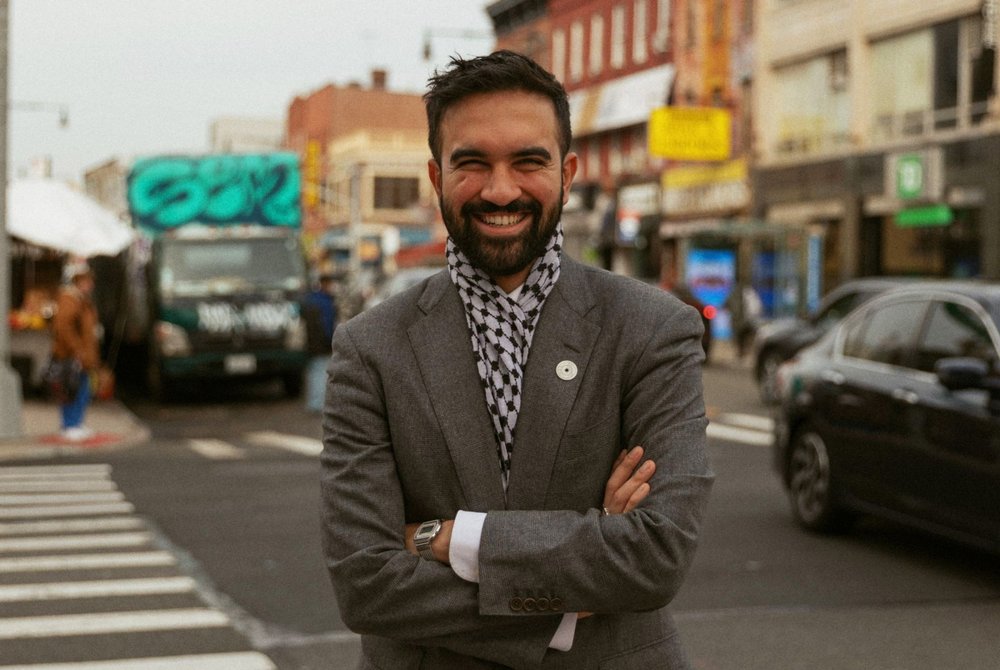
[dropcap]S[/dropcap]ince its inception in 2016, Indian American Impact has endorsed and supported 166 candidates across the country. Through strategic investments and grassroots organizing, it has utilized over $20 million towards candidates, voter mobilization and policy advocacy efforts. Taher Hasanali, Indian American Impact’s National Political Director, says, “South Asian Americans are ascending to positions of leadership in public service at an extraordinary rate. Their unwavering commitment promises to enhance the lives of all Americans, while paving the way for future generations of South Asian leaders.”
As more young South Asian Americans enter the public field, there will be more civic engagement and more representation as voters who can make a difference in the direction the country chooses to take.
This story was produced as part of the 2024 Elections Reporting Mentorship, organized by the Center for Community Media and funded by the NYC Mayor’s Office of Media and Entertainment.
Related Articles:
